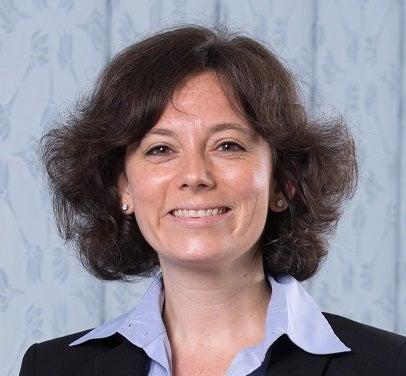The Long Arm of Resistance: Gender-Equalizing Reform and Parental Care
3600 Market Street, Suite 560 (5th floor)
University of Pennsylvania
Philadelphia, PA 19104
About the Speaker:
Rachel Brulé is an Assistant Professor of Political Science at New York University Abu Dhabi, where she is a tenure-track faculty member of the Social Science Division’s Politics Program. She is also a Research Affiliate with NYU’s Global TIES for Children: Transforming Intervention Effectiveness and Scale and a member of the Empirical Gender Research Network (E-GEN). Her research on the political economy of development, gender equality, and the role of legal institutions in altering social conventions has been published in Asian Survey, with R&Rs at the Journal of Politics, and at Cambridge University Press for a book manuscript titled Representation & Resistance: Positive & Perverse Consequences of Indian Laws for Gender Equality. She is the recipient of a Marshall Scholarship and Truman Scholarship, and received her BA in International Relations & African Studies from Mount Holyoke College, an MSc in Forced Migration from Oxford University, an MSc in Development Management from the London School of Economics and a Ph.D. in Political Science from Stanford University.
About the Lecture:
Quotas for women in government have swept the world as a revolution in female political representation. However, we know very little about quotas’ ability to alter the public’s welfare, and whether they ultimately benefit the women they are meant to empower, especially in domains beyond the political sphere. In related work, Brulé finds quotas for female representatives enable women to demand property rights. In this talk, Brulé investigates whether enforcement of India’s reforms equalizing women’s rights to inherit property can facilitate equality by bringing about meaningful reorganization of familial responsibilities. She identifies how local representatives’ enforcement of gender-equalizing reforms may have varied effects over time: acting as source of backlash within households in the short term and potentially changing norms in the long term around children’s—traditionally son’s—paramount duty to care for parents as they age. This work helps us understand when state-led reforms for women’s empowerment are sources of backlash and when they may act as levers for individual women and their natal families to renegotiate slow-moving norms about the formation and distribution of obligations within families.

